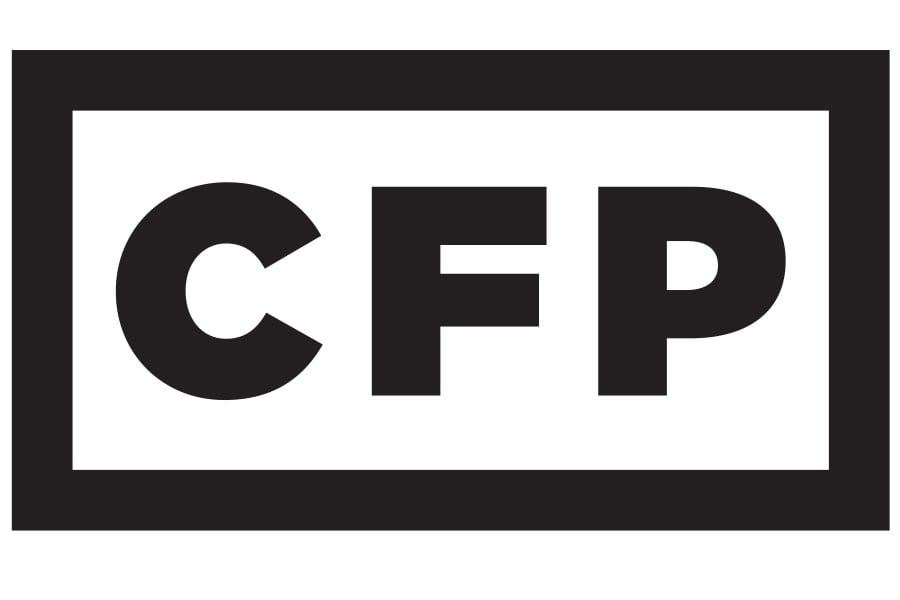

Trying to cheat on the CFP exam, failing to pay taxes, stealing reward points from an employer’s credit card and failing to disclose conflicts related to an ownership stake in a private fund were among the failings that have resulted in several financial advisers losing their CFP designation.
Those were among the sanctions against 17 current or former CFP professionals announced Tuesday by the Certified Financial Planner Board of Standards Inc. in its latest round of disciplinary actions.
The CFP Board, which sets and enforces the competency and ethical standards for more than 93,000 CFP holders in the United States, imposes sanctions for violations of the board’s code of ethics and standard of conduct that can include public censure, suspension, temporary bars, permanent bars and revocations.
The CFP Board issued three permanent bars last month. Brandon Self of Colorado Springs, Colorado, lost his CFP designation for allegedly requesting information about CFP exam questions from participants in an online chat group.
CFP Board alleged that Self “knowingly gained an advantage over other March 2021 CFP Exam-takers when he studied topics based on the information he received from those individuals who had taken the March 2021 CFP Exam,” the organization said in a summary of the charges against Self.
J.C. Morrow of Washington, Pennsylvania, lost the CFP mark for allegedly failing to pay federal income taxes in 2015, 2016 and 2017, which resulted two federal tax liens and a total debt of $202,000 to the Internal Revenue Service, the CFP said.
Robert J. Sclama of North Providence, Rhode Island, received a permanent bar from using his CFP mark when he failed to cooperate with a CFP Board investigation of pending civil litigation in which two of his clients alleged fraud, negligence, breach of contract and professional malpractice.
Iva Hauck Girtman of Bushnell, Florida, had her CFP mark revoked in September 2020 because she stole approximately $19,500 in reward points from her company credit card. She lost her job over the incident but paid restitution to her former employer and had the felony charge expunged. But Girtman failed to report the charge to the CFP Board.
The CFP Board yanked the mark from Brian Bogart of McLean, Virginia, in October 2020 following his alleged participation in a private fund offering. He received a cautionary letter from the Financial Industry Regulatory Authority Inc. for his conduct related to the offering. He is no longer registered as a broker or investment adviser, according to his BrokerCheck record.
“Mr. Bogart also failed to make any conflict of interest disclosures to multiple clients and a prospective client when he sought to obtain their investment in the private fund, of which Mr. Bogart was a partial owner in the newly created entity,” the CFP Board said.
In many of the sanctions the CFP Board announced, the CFP holders failed to respond to a CFP Board complaint within a certain amount of time. The CFP Board’s Disciplinary and Ethics Commission reviews alleged violations of the mark’s ethics and standards of conduct on a case-by-case basis and can impose sanctions. A mark holder can appeal a sanction under the CFP Board’s procedural rules.

Relationships are key to our business but advisors are often slow to engage in specific activities designed to foster them.

Whichever path you go down, act now while you're still in control.

Pro-bitcoin professionals, however, say the cryptocurrency has ushered in change.

“LPL has evolved significantly over the last decade and still wants to scale up,” says one industry executive.

Survey findings from the Nationwide Retirement Institute offers pearls of planning wisdom from 60- to 65-year-olds, as well as insights into concerns.
Streamline your outreach with Aidentified's AI-driven solutions
This season’s market volatility: Positioning for rate relief, income growth and the AI rebound
